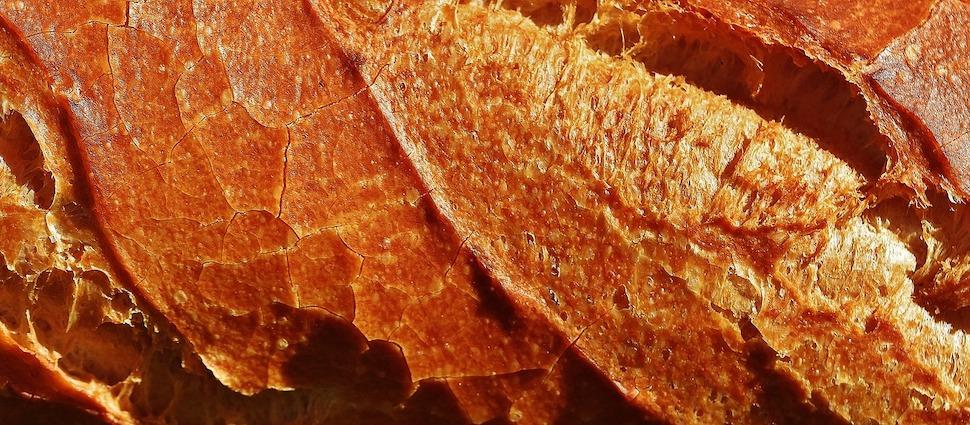Daily Bread and Daily Pardon

The Lord’s Prayer is, without question, the best-known prayer of all time. Embedded at the very heart of the prayer life of God’s family, but also shared and treasured by those nations and empires through the ages that have espoused the Christian faith as their official faith – albeit nominally. Yet, for all its familiarity, there is a depth and richness to its wording that never ceases to both thrill and probe the souls of God’s people at one and the same time. The apparent simplicity of the words Jesus taught his disciples to feed and fuel their prayer life belies the depth of their meaning and relevance.
We see this not only in the individual requests or ‘petitions’ contained in the prayer, but also in its overall landscape and contours – how the prayer itself fits together. So, far from subliminally atomising its various parts, we need to see their unity and integrity. Each individual component is intimately bound up with all the others in a way that reflects the wholeness of what it means to be a Christian and to be in union and communion God as his people.
Nowhere is this more apparent than in the juxtaposition of the request for ‘daily bread’ and the ensuing request for pardon. Although these are routinely treated as distinct and separate petitions, Jesus actually links them with an ‘and’ [kai in Greek] in his original wording (Mt 6.12). He joins these two requests together in a way we cannot afford to overlook.
When we note this detail it immediately flags up something that is obvious, but easily missed: namely, that we are as much in need of daily pardon from God as we are of his provision of daily bread. Yet we instinctively gravitate to the latter rather than the former.
It isn’t hard to see how this can so easily happen. By nature we are more inclined to focus on our needs (which we extend to our wants as well) rather than on our sins. The reality, however, is that our sins represent a much greater need than we imagine. Too often our sin only begins to register with us when it reaches a certain magnitude, but even our ‘respectable sins’ (to borrow the late Jerry Bridges’ phrase) are just as serious as those that are gross and heinous. There is no sin that can be left unforgiven if God is to accept us in Christ.
More than this, the fact that Jesus links our reception of God’s forgiveness with our willingness to forgive others adds another layer to the Bible’s understanding of the ‘bare necessities of life’. Not only do we need God to provide for each day’s needs and pardon us for each day’s sins; we also need him to graciously enable us to forgive those who sin against us.
This double-edge to the request relating to our ‘debts’ and ‘debtors’ is sharper than we perhaps imagine. It isn’t merely that we feel our sins too lightly and therefore treat God’s forgiveness too cheaply, but that we ignore what this means for how we treat those who offend us. This is not something that comes either naturally or easily to us. But Jesus’ point in the way he words this prayer indicates that our willingness to forgive others is a measure of how well we have actually grasped the wonder of what it means to be forgiven by God. Only when we both know and feel the joy of sins forgiven will it be an instrument in God’s hands to impart a spirit of forgiveness to us.
If ever there was a place in Holy Scripture where we see the words ‘man shall not live by bread alone’ exegeted in all their fullness, this is it. If we ourselves do not know the once-for-all pardon for sin and the acceptance we have with God on the basis of Christ’s judicial satisfaction and his righteousness imputed to us in salvation, then all the ‘bread’ in the world will be worthless to us. There is no life apart from God. Only in union with Christ Jesus as ‘the living Bread who comes down from heaven’ do we have the key to life and the ability to enjoy God’s daily provision as we ought.
More than this, only when we know and grasp what is entailed in God’s once-for-all provision through his incarnate Son, will we truly appreciate how much we need his daily pardon and our need each day of life to be pardoners of others. In Christ we are brought to an end of ourselves every day – not merely by our need of sustenance; but supremely through our daily failures – and will realise, with David in the psalms, that true blessedness lies in knowing that our ‘transgression is forgiven and our sin is covered’ (Ps 32.1). Only then will we appreciate why daily bread and daily pardon go hand in hand.





